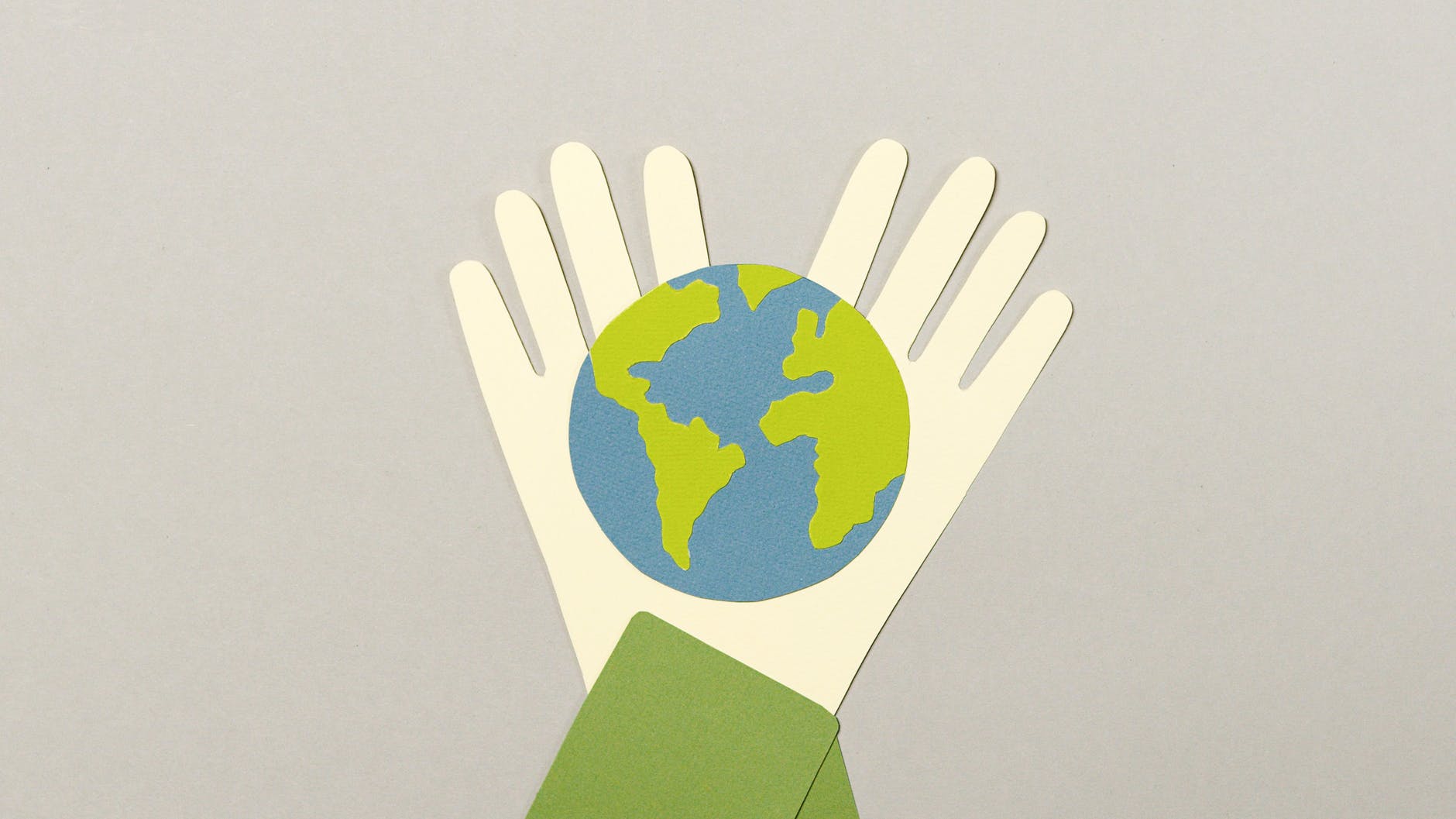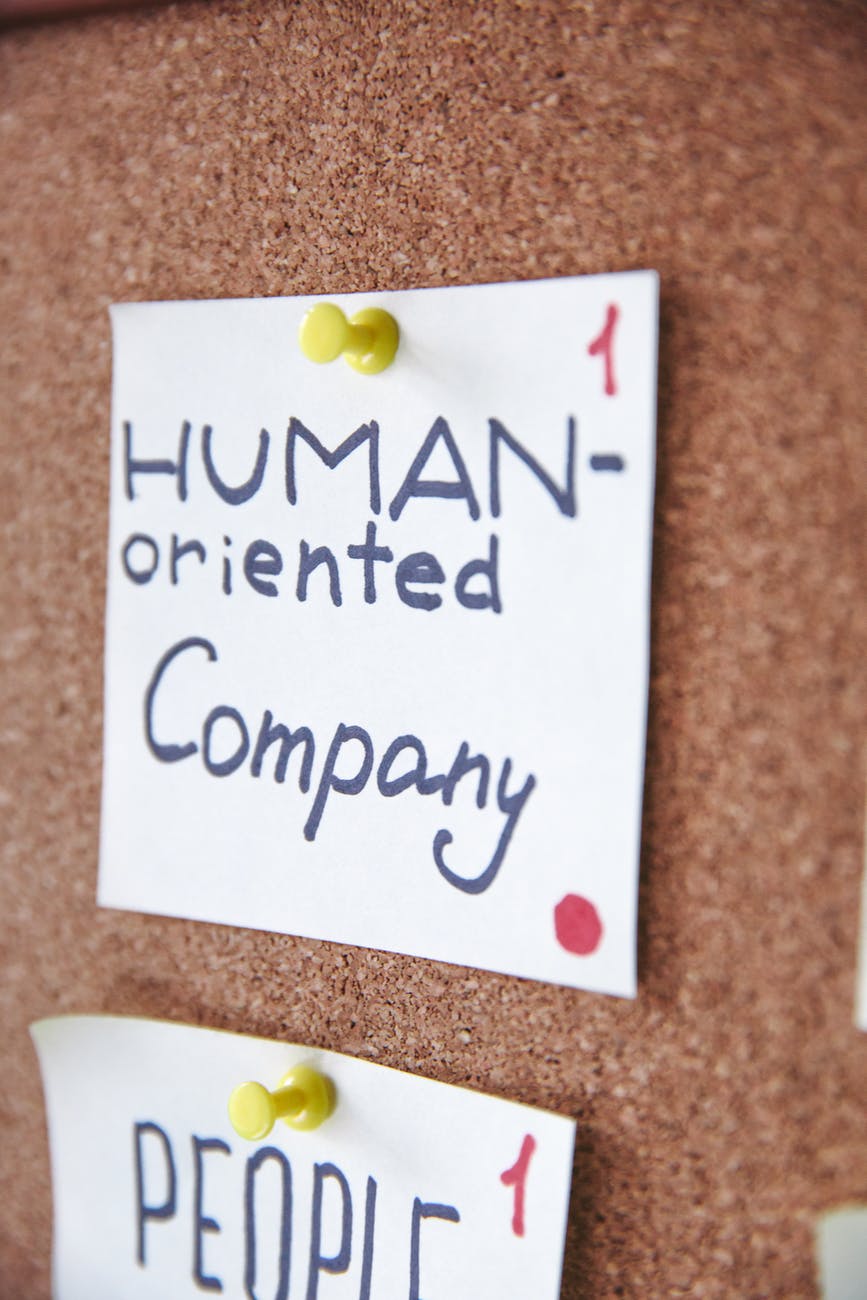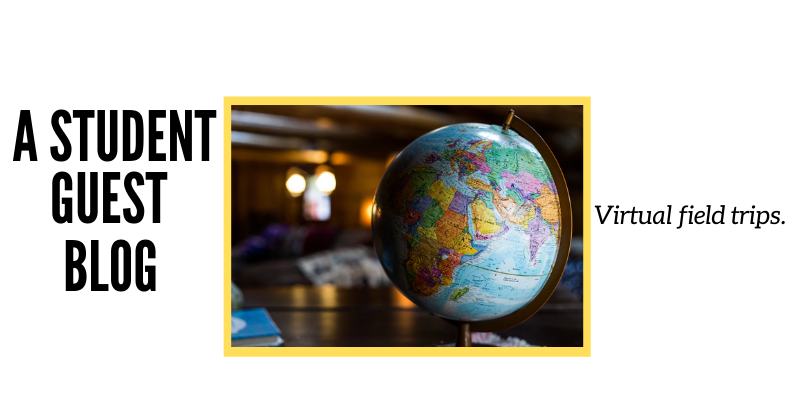Now that I’m nearing the end of my degree and soon about to embark on a journey of securing full-time work, I find myself thinking often about why people choose to do what they do. A crucial element of any workplace is the desire to meet needs and solve problems. What this field trip, for me, reaffirmed is that for professionals in NGOs the nonprofit sector, this desire is the very cornerstone upon which their organisations rest. The representatives we met came from various types of organisations, with local, national, regional, and international scopes of operation. Although specialising in different issues—humanitarian justice, trade and finance, migration and displacement, sustainable development, and more— they were collectively driven by the desire to make the world a better place. In a world driven by impact rather than gain, work expands beyond consumers, shareholders and employees. Every day becomes about making a difference.
But perhaps the biggest takeaway I had from this experience was that making a difference is never straightforward. Nonprofit organisations have the incredibly hard task of creating meaningful change for people and society, all while grappling with myriad questions of morality and authority and accountability and plain old logistics. Many operate through complex and hierarchical bureaucratic structures and several layers of protocol. To add to that, organisations must work within a wider political settlement, which typically includes governments, donors, local authorities, civil society groups, and so on. These external agents are crucial to achieving desired outcomes, yet they may have very different principles and modus operandi, sometimes causing conflicts of interest. For organisations that work directly with people, another challenge is being able to effectively deliver outcomes within human subjects. There is a fine line that must be tread between empowering communities and imposing paternalistic agendas.

Striving for meaningful and ethical change is what most employees set out to do: it is the vision that guides one through the lengthy and often expensive route of higher education, volunteering, and unpaid internships. But the everyday complexities—structural and normative— of working in such organisations means that almost inevitably, there will come a time when one has to discard their rose-tinted glasses and see the world of nonprofits for its many hurdles of red-tape and effective stakeholder management. As confirmed by many of the speakers during the field trip, certain challenges such as the pandemic tend to highlight the fact that there is no blueprint for success. Indeed, this multifaceted world has multifarious issues and there is a lot of nuance behind the decision-making processes that are required to solve them. And as a part of a larger establishment, not every single choice you have to make will align perfectly with your own personal values. Many times in a desk job, you may not immediately see the tangible good you set out to do in the world. Or on the other hand, you may find yourself getting desensitized to the ills you were once so eager to conquer.
Yet despite the frustrations and philosophical quandaries that go hand in hand with such roles, the indubitable beauty of it all is that they are invaluable to the world as we know it. Without the humanity and sheer force of determination to improve things that NGOs and political organisations bring to the table, global society as a whole would be much worse off. The examples we saw in the field trip alone were astounding. Listening to all the wonderful representatives we had made me think—what if the UN hadn’t been protecting our human rights or promoting sustainable development goals? What if the IOM weren’t assisting the Rohingya refugees in Bangladesh? What if the European Women’s Lobby weren’t furthering gender equality, freedom from violence, and reproductive rights?
 Of course, such organisations may sometimes be built upon quixotic dreams that may never be fully realised. Of course, many may suffer from structural injustice or internal issues of their own. But while it is a moral imperative for them to work towards doing better and being better, it is also true that they are nonetheless a vital component of the larger apparatus of change. And at the heart of these organisations and the commendable work they do are all the humans who have dedicated their careers to making society better than it was yesterday. The work they do might be demanding and jading at times, but their passion and optimism ends up being a reason behind the security and wellbeing of countless others. Being able to interact with some of these people during our field trip has, above all, inspired me to follow in their footsteps, channelling this passion and optimism into everything I do and someday bringing it with me into the workplace—wherever that may be.
Of course, such organisations may sometimes be built upon quixotic dreams that may never be fully realised. Of course, many may suffer from structural injustice or internal issues of their own. But while it is a moral imperative for them to work towards doing better and being better, it is also true that they are nonetheless a vital component of the larger apparatus of change. And at the heart of these organisations and the commendable work they do are all the humans who have dedicated their careers to making society better than it was yesterday. The work they do might be demanding and jading at times, but their passion and optimism ends up being a reason behind the security and wellbeing of countless others. Being able to interact with some of these people during our field trip has, above all, inspired me to follow in their footsteps, channelling this passion and optimism into everything I do and someday bringing it with me into the workplace—wherever that may be.
*****
Big thanks to Saudamini for writing this blog, we hope you find it useful! Saudamini is a final-year undergraduate student studying BA International Relations and Development with an avid interest in politics and current affairs, especially in the field of economic policy, digital technology, and climate change. If you wish to be informed of future fieldtrips related to Politics and International Relations, please contact Sahar: S.Rad@westminster.ac.uk.
E: careers@westminster.ac.uk| Website | Facebook | Twitter | Instagram |Careers Blog
- An End-to-End Guide to Applying for Jobs: Where and When to Start! - 22 December 2025
- Graduate Success Series: a conversation with Ying Zhang - 18 December 2025
- Why Purpose is Your Greatest Asset in Higher Education - 23 October 2025
